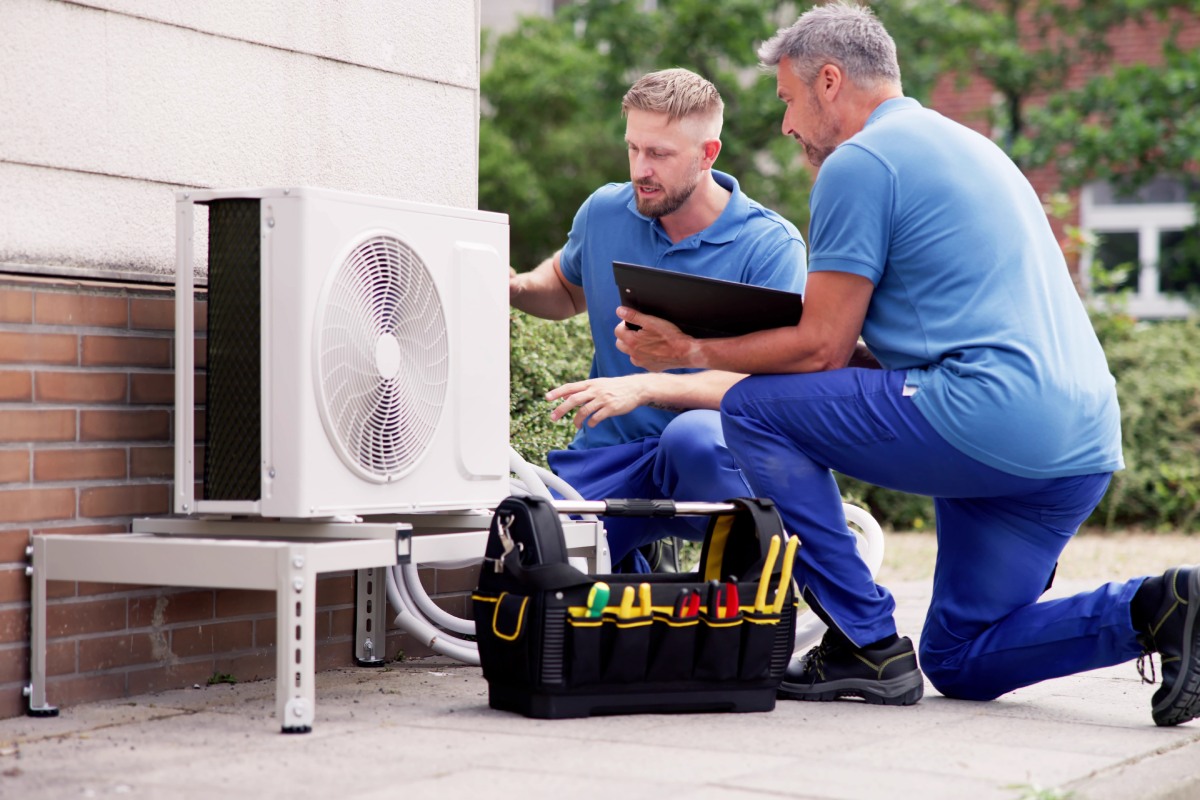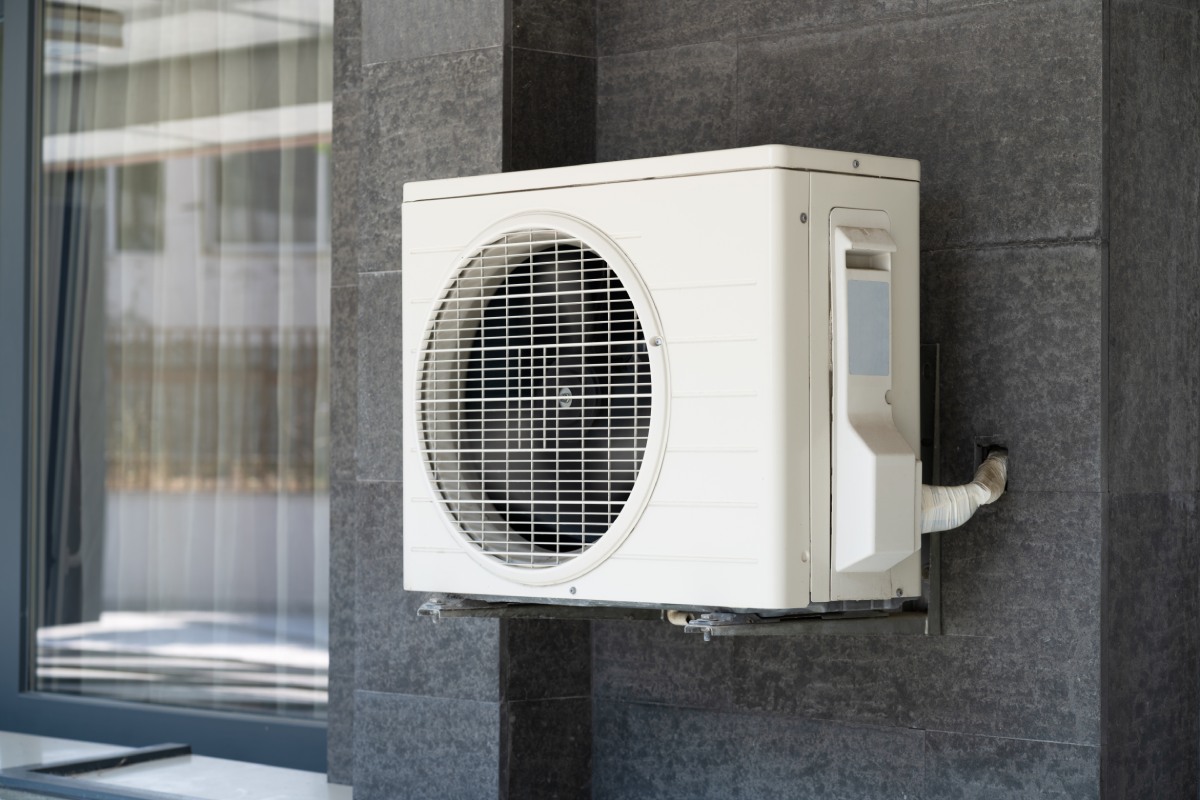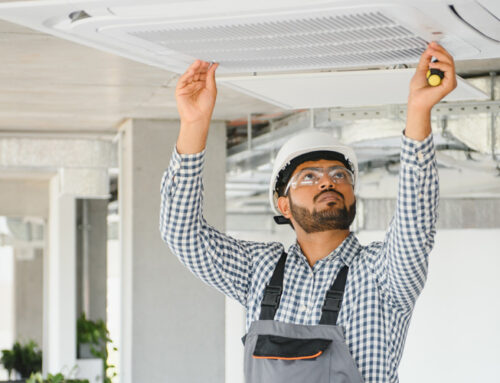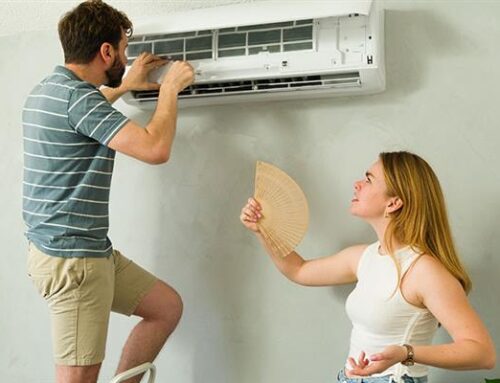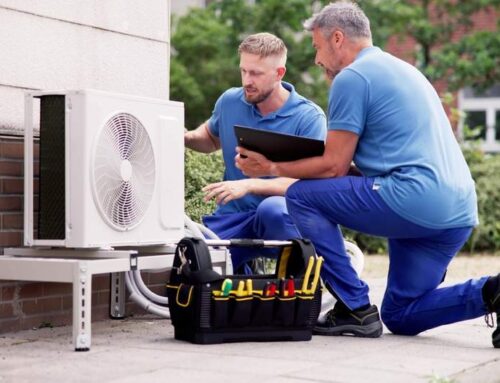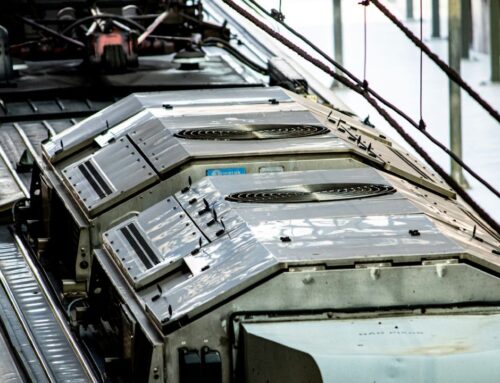Ensuring your AC system functions smoothly is crucial for both homeowners and business owners, as problems with AC can lead to discomfort and costly repairs. In this comprehensive guide, we will delve into professional tips to maintain your AC system effectively, avoiding common issues that may arise.
By following the Chill AC expert advice, you can keep your property cool and comfortable year-round while preventing any potential problems with AC from disrupting your daily routine.
Understanding AC Systems
The Basics of Air Conditioning Systems
Air conditioning systems are designed to control the temperature and humidity within your space. At the heart of the system is the compressor, which pumps refrigerant through the system. This refrigerant absorbs heat from the indoors and releases it outside, thus cooling the air inside.
The system also includes an evaporator coil, which cools the air as it passes over it, and a condenser coil, which expels the heat outside. Fans assist in circulating air through the coils and into the building. Moreover, filters are essential components as they clean the air of dust and other particulates before it circulates back into the room.
Understanding these basic components is crucial for identifying common problems with AC systems and facilitating effective communication with service providers when maintenance is required.
Common Problems with AC
One of the most frequent issues is a lack of cool air, which can be caused by various factors, including low refrigerant levels, a faulty compressor, or a clogged air filter. Refrigerant leaks are particularly problematic, not only impacting system efficiency but also posing environmental hazards.
Another common problem is inconsistent cooling or hot spots in the building, often stemming from poor airflow or duct leakage. Strange noises, such as grinding or squealing, can indicate mechanical problems within the unit, while unpleasant odors may suggest mold or mildew buildup, particularly in the evaporator coil or ductwork.
Electrical issues can also lead to problems with AC systems, including tripped circuit breakers, blown fuses, or malfunctioning thermostats. Regular inspections and maintenance can help identify these problems early on, preventing costly repairs and ensuring the longevity of your AC system.
Regular Maintenance Tips
Importance of Regular AC Maintenance
Regular maintenance of your AC system is crucial for several reasons. First and foremost, it helps in identifying and resolving small issues before they escalate into larger, more expensive problems. Keeping the system well-maintained ensures it runs efficiently, potentially reducing energy costs and minimizing the environmental impact.
Properly maintained AC units also have a longer lifespan, which means you can delay the significant expense of replacing the system. Maintenance includes cleaning or replacing air filters, which not only improves air quality but also prevents the system from working harder than necessary, which can lead to wear and tear.
Furthermore, regular check-ups can keep the system compliant with manufacturer warranties. In the event of a malfunction, a well-documented maintenance history can be essential for warranty claims. In essence, routine maintenance is an investment in the performance, efficiency, and longevity of your AC system.
DIY Maintenance Tips for Homeowners
Homeowners can perform several simple maintenance tasks to keep their AC systems in good working order. Firstly, regularly changing or cleaning the air filters is one of the easiest yet most effective ways to prevent problems with AC units. Dirty filters restrict airflow, reduce efficiency, and can cause the system to overheat.
Checking and cleaning the outdoor unit is also important. Remove any leaves, dirt, or debris that might block the airflow to the condenser. Make sure there’s at least two feet of clearance around the unit for proper air circulation.
Inspecting the condensate drain for clogs is another key maintenance step. A clogged drain can cause water to back up, potentially leading to humidity issues and water damage. Lastly, keeping the area around air vents inside your home clear from furniture or drapes can improve air circulation and system efficiency. These simple steps can contribute significantly to the health of your AC system.
Professional AC Maintenance
When to Call a Professional
While homeowners can handle basic maintenance tasks, there are situations when it’s essential to call a professional. If you notice the AC system is not cooling effectively, making unusual noises, or emitting strange smells, a professional assessment is needed to address potential problems with AC components.
Professionals should also be called for electrical issues, such as frequent circuit breaker trips or if the AC unit doesn’t turn on. These could indicate more serious problems that require expert attention. Refrigerant leaks are another critical issue that only certified technicians should handle due to the specialized tools and environmental regulations involved.
Annual or bi-annual inspections by a professional can keep your AC running optimally and are a good investment. These check-ups can diagnose issues that are not evident to the untrained eye, ensuring the system’s reliability and preventing unexpected breakdowns during peak usage.
What to Expect during a Professional Service
When you schedule a professional AC maintenance service, expect a comprehensive inspection and care of your system. The technician will likely begin with a thorough cleaning of the condenser coils, which is vital for maintaining efficiency and preventing problems with AC operation. They will also check the refrigerant levels to ensure they are at the appropriate levels for optimal performance.
The technician will inspect the system’s electrical components, tighten any loose connections, and test the system’s safety controls. Air filters will be checked and replaced if necessary. The service often includes inspecting the thermostat for accuracy and calibrating it if necessary.
Additionally, the technician will examine the ductwork for any leaks, which can diminish system efficiency and comfort levels. After the service, they should provide you with a summary of what was done and any recommendations for repairs or improvements.
Preventive Measures Against AC Issues
Simple Measures to Avoid Problems with AC
To avoid problems with AC, implement simple, preventive measures. First, be proactive with your thermostat settings. Keeping the thermostat at a consistent temperature can reduce the strain on your AC system. Consider using a programmable thermostat to adjust the temperature when you’re not home, which can extend the life of your system and save on energy costs.
Ensure good insulation in your home or business to maintain a stable internal environment, putting less stress on the AC unit. Seal any gaps around doors and windows to prevent cool air from escaping.
During the cooling season, keep blinds or curtains closed during the hottest part of the day to reduce the workload on your AC. Lastly, make sure indoor and outdoor units have enough space around them for adequate air circulation. These simple actions can contribute to the longevity and efficiency of your AC system and help prevent common problems with AC.
Investing in Preventive AC Services
Investing in preventive AC services is a strategic choice that can save money and headaches in the long run. A service contract with a reputable HVAC company typically includes regular inspections and tune-ups. These services ensure that your system is running at peak efficiency and can help to identify potential problems with AC before they escalate.
During preventive maintenance, a technician will clean system components, such as coils and fans, that can affect performance if they are dirty or obstructed. They will also lubricate moving parts to reduce friction and wear, which can prevent unexpected failures.
Another advantage of preventive services is that they often provide priority service, reducing the wait time for repairs, especially during high-demand periods. Additionally, some service contracts offer discounts on parts and labor should repairs be necessary. This proactive approach not only keeps your AC system in optimal condition but also aligns with a cost-effective management of your property’s climate control needs.
Cost-Benefit Analysis
Long-term Savings from Regular Maintenance
The benefits of regular maintenance on your AC system extend beyond immediate comfort; they also offer long-term financial savings. A well-maintained AC system operates more efficiently, which translates to lower energy bills. When the system doesn’t have to work as hard to cool your space, it uses less energy, and these savings can be significant over time.
Additionally, regular maintenance can extend the lifespan of your AC unit, delaying the substantial cost of replacement. By catching and fixing small issues early, you avoid more severe and costly repairs down the line. The cost of routine check-ups is minimal compared to the expense of a major repair or system replacement.
Investing in regular maintenance can also maintain the value of your property. A functional and efficient AC system is a key feature for potential buyers or renters, making regular maintenance a wise investment for the future.
Potential Costs of Neglecting AC Maintenance
Neglecting AC maintenance can lead to a cascade of problems and expenses. When an AC system isn’t regularly serviced, its components can wear out more quickly, leading to more frequent and costly repairs. For example, a dirty filter can cause the evaporator coil to freeze, which might ultimately require a full system shutdown and an expensive repair or replacement.
Energy costs can also skyrocket. A system that’s running inefficiently due to lack of maintenance has to work harder to cool the space, using more energy and significantly increasing utility bills. In extreme cases, complete system failure can occur, resulting in the need for an entirely new system, which is a substantial financial burden.
Additionally, the health costs should not be overlooked. Poorly maintained AC systems can circulate dust and allergens, potentially leading to respiratory issues and other health-related problems for occupants, which may result in healthcare expenses. Call us today and find out how we can help you!

